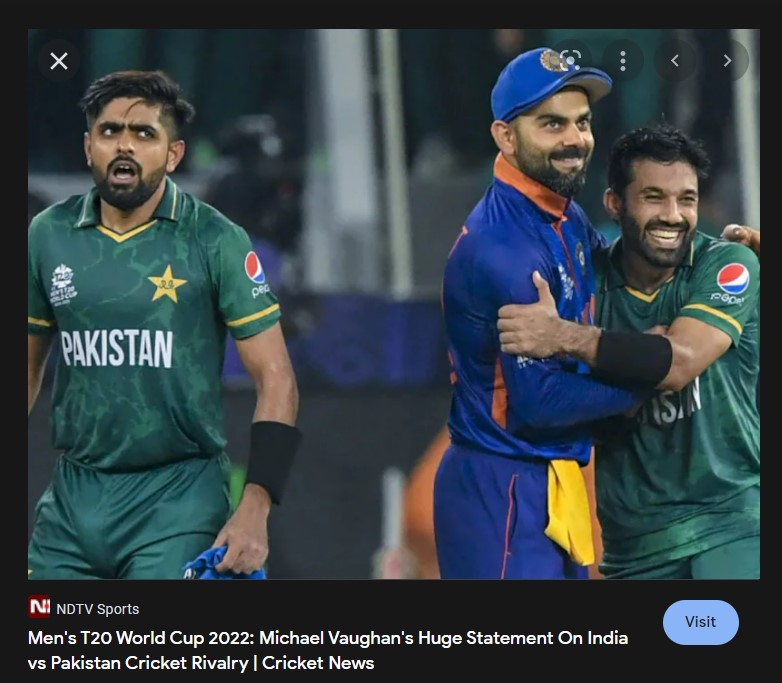Opinion Piece by Tang Li
Getting people to play together is the best way of ensuring that peace is secured. Tensions between nations, just as tensions between people, will always be a constant. Just exercise allows individuals to channel aggression, and sporting events allow nations to channel feelings of aggression onto the sporting pitch instead of the battlefield.
I believe that Singapore should look into this and see how we can host events that get the world’s rivals to duke it out in the national stadium. Sure, we’ve been good at some grand gesture politics, like getting Xi-Jinping and Ying-Jeau or Donald Trump and Kim Jong-Un to shake hands in Singapore. However, we can do more. We have what you call the right ingredients in as much as waring parties want to behave when in Singapore.
Can you imagine if we hosted an annual football tournament between Israel and the Palestinian Authority? We share a bond of being two small non-Muslim nations between larger Muslim nations with Israel, but we also have a sizeable enough Muslim population to make the Palestinians feel at home.
I’m not much of an athlete. My “sporting” career was something of an accident in as much as I simply enrolled in the school karate club and persevered until the club couldn’t maintain its numbers and ended up closing just as I was starting my A-levels. However, whilst I’ve never been much of an athlete, I’ve always loved watching sports and following the drama of great sporting events.
Growing up in England meant that I ended up in the centre of great rivalries such as the annual Five Nations (Now known as Six Nations) Rugby tournament between the home unions (let’s remember that the United Kingdom isn’t a single country but four and this is the chance for Wales, Scotland, and Ireland to stick to England.
I am young enough to remember the 1990 Scottish Grand Slam) and France (the English and French have been at it since 1066 when the Normans took control of England), England versus Germany football (The English like to remind the Germans they won the war and Germans remind the English that they’ve won four world cups to the solitary won for England) and England versus Australia in cricket.
These rivalries also extended to individual sports where you had Edberg versus Becker at Wimbledon and Formula One in those days was about the late Ayrton Senna versus Alain Prost and Nigel Mansell.
These sporting rivalries are perhaps one of the most important developments in the last century because they provide an important outlet for nationalistic feelings. This is particularly true in Europe, which was, in the early part of the 20thcentury, the centre of rivalries that got played out in two world wars.
I think of former British Prime Minister, Sir John Major (Born in 1943) who said that whilst his predecessor, the late Baroness Thatcher (Born in 1925), grew up in a Europe that could not conceive of peace on the continent, he was from a generation that could never conceive of war taking place in Europe (excluding Eastern Europe, which was only just emerging from Soviet domination).
How did Sir John Major’s words come about? A large part of it has to do with the creation involving the creation of the European Union (EU) or the European Economic Community (EEC) as it was then known.
European countries started trading together and realised that if they gained prosperity from trading together, there was no reason to go to war. The driving force behind the EEC or EU was to ensure the Franco-German rivalry that was at the heart of two world wars would become a Franco-German partnership to create prosperity for each other.
Whilst economics was an important driving force in bringing former enemies together, the importance of sports cannot be underestimated. Just as there was an idea that trading together would disincentives war, sports got people to “play together” and the potential for “nasty nationalism” got channelled onto the sporting pitch rather than onto the battlefield.
In the 1930s, it was all about keeping Germany down. These days, the English, and Dutch are trying to beat the Germans on the soccer pitch.
There are lessons for the rest of the world. Here in Asia, we have several flashpoints like North-vs-South Korea (which could turn nuclear-nasty), India-vs-Pakistan (also potential for nuclear-nastiness) and let’s not forget China-vs-Taiwan. With the exception of India-vs-Pakistan, these rivalries consist of people who don’t “play together.”


The circumstances of the above image are inevitably much better than the one below:


Whilst nobody has yet to conduct a study, I would argue that cricket matches between India and Pakistan have helped tame the tensions and potential for war between two nuclear-armed countries.
By hosting sporting events between some of the most bitter rivals on the planet, we can really be a powerful force for good. The diplomatic and commercial benefits are enormous. It’s something our Ministry of Foreign Affairs needs to look into.
A version of this article first appeared at beautifullyincoherent.blogspot.com
The Benefits of Will Smith vs. Chris Rock Slap! — What Singapore Government can learn from it

